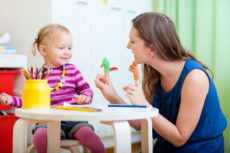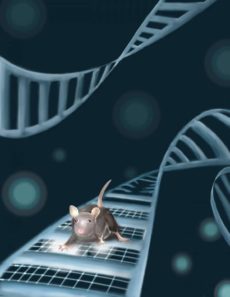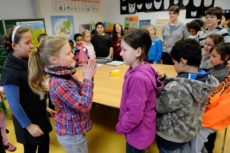There are a lot of misconceptions circulating about individuals with autism spectrum disorder (ASD). In order to fully meet the needs of students with ASD and support them in inclusive classrooms, it is important to have accurate information about their strengths and challenges. This post clarifies some common myths about autism spectrum disorder and offers resources for further information. MYTH: Everyone with autism is either non-verbal or a savant. FACT: ASD is a neurodevelopmental disorder […]
Category: Featured Topics
Williams Syndrome Overview
Williams syndrome (WS) is a genetic condition that is present at birth and can affect anyone. It is characterized by medical problems, including cardiovascular disease, developmental delays, and learning challenges. These often occur side by side with striking verbal abilities, highly social personalities and an affinity for music. Williams syndrome is caused by the spontaneous deletion of 26-28 genes on chromosome #7. The deletion occurs in either the egg or the sperm used to form […]
Epilepsy Therapy Screening Program (ETSP)
Overview The mission of the NINDS Epilepsy Therapy Screening Program (ETSP) is to encourage and facilitate the discovery of new therapeutic agents for the treatment of epilepsy disorders. The program provides opportunities for researchers from academia and industry in the U.S. and abroad to submit compounds for screening in a battery of well-established rodent seizure models. These tests are performed at a contract facility based at the University of Utah on a blinded and confidential […]
Autism Mutations Make the Brain Less Flexible
Summary: Study sheds light on how SETD5, a gene associated with ASD, alters behavior and may lead to less flexibility in the brain. Source: Institute of Science and Technology Austria. About 1% of patients diagnosed with autism spectrum disorder and intellectual disability have a mutation in a gene called SETD5. Scientists have now discovered what happens on a molecular level when the gene is mutated in mice, and how this changes the mice’s behavior. This […]
Play and friendship for children with disability
Making friends, playing and getting along with other children are good for all children, including your child with disability. You can support your child as he learns how to play and have friendships. Why friendship and play are good for your child with disability Play and friendships help your child with disability learn all kinds of skills and abilities. After all, children are fantastic teachers of other children. And playing with other children is great […]





